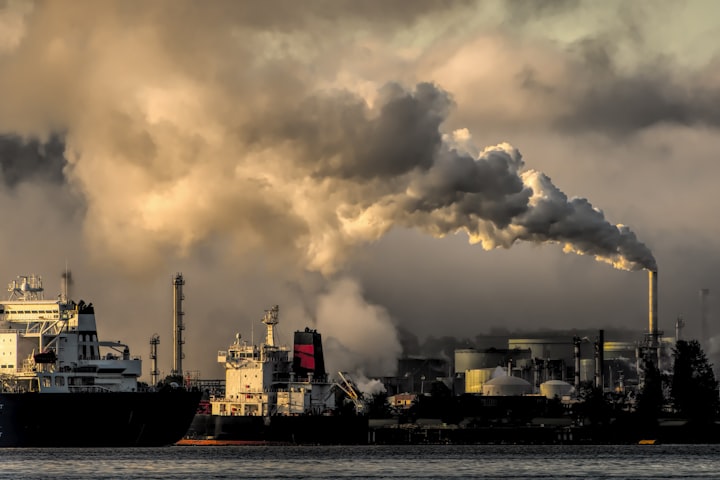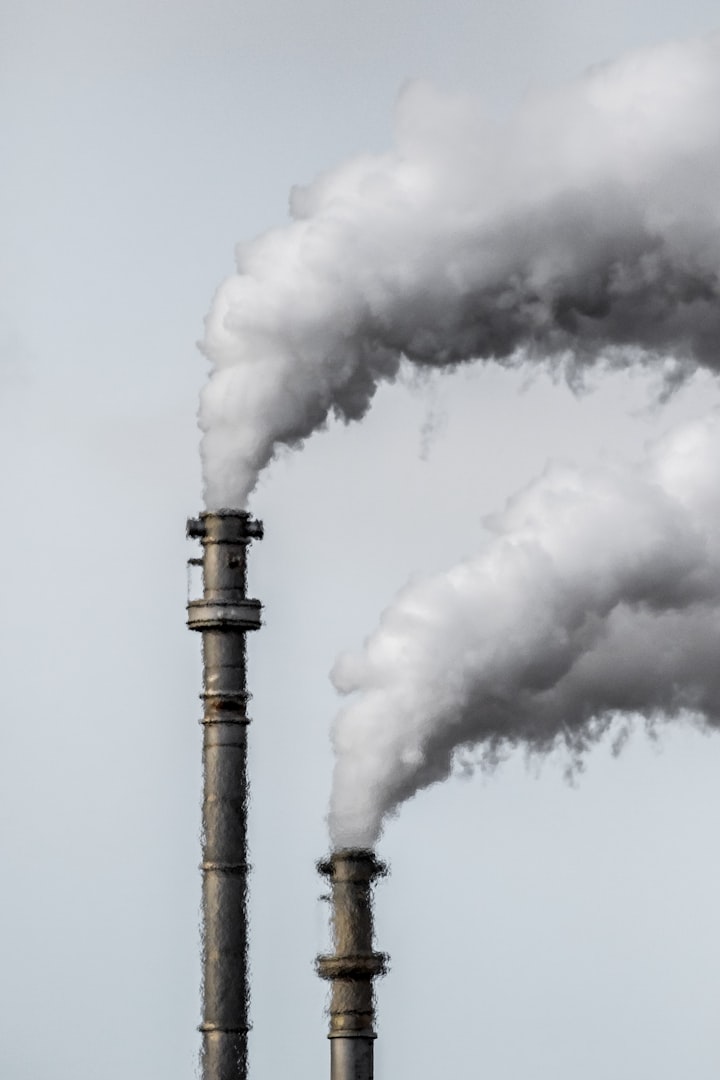The Rise of Global Warming
The Rise of Global Warming

Unseen trends in future climate research will play a major role in the next climate change assessment of the Intergovernmental Panel on Climate Change (IPCC) which is expected to be published next year. There is a great deal of scientific consensus that global warming has increased over the past decade and that this increase is due to the production of man-made gas (90-100% depending on the specific question, time, and method of making published examples all astronomers agree). Despite political controversies over climate change, the IPCC concluded with an important report dated 27 September 2013 that scientists are convinced of the link between human activity and global warming.
The Intergovernmental Panel on Climate Change (IPCC), consisting of more than 1,300 scientists from the United States and abroad, predicts an increase in temperature of 2.5 to 10 degrees Fahrenheit over the next century. Potential future effects of climate change include typical forest fires, prolonged droughts in some regions, and an increase in the number, duration, and intensity of tropical storms. The long-term effects of climate change can include continuous ice melting, sea warming, sea-level rise, and sea acidification.
Climate change includes not only moderate temperatures and extreme weather events but also changes in animals and habitats, rising sea levels, and other impacts. One of the fastest and most visible effects of global warming is global warming. If global warming is not curtailed, according to a 2013 study published in the journal Nature Climate Change, it could affect the year 2080 extinction of one-third of the world's plants and one-third of all animals.
According to the National Oceanic and Atmospheric Administration (NOAA), global temperatures have risen over the past 100 years by 0.8 degrees Celsius. Global temperatures have risen since 1901 at an average of 0.15 degrees Celsius for ten years, corresponding to global warming in 48 contiguous states. According to NOAA's 2020 Annual Climate Report, combined sea, and ocean temperatures have risen over the past decade from 1880 to 0.13 degrees Fahrenheit, or 0.08 degrees Celsius, with an average rise from 1981 to 0.18 degrees Celsius, more than double that.
Data from the US National Oceanic and Atmospheric Administration (NOAA) show that global temperatures (temperatures of a few meters at sea) have risen from 0.13 degrees Celsius over the past 100 years. A 2 ° C increase in global temperature during the pre-industrial period (1880-1900) may seem small but mean a significant increase in aggregate temperatures. As global temperatures rise, global warming has led to an increase in desertification and extreme temperatures, and forest fires.
While ecological cycles and climate change have caused the earth's climate to change several times over the past 800,000 years, our current global warming is largely due to human activities, especially the burning of fossil fuels such as coal, oil, gasoline, and natural gas, resulting in warming. Global warming is described in the report as rising temperatures in contact with air and sea for more than 30 years. Scientists warn that humans should keep the earth's temperature close to 1.5 degrees Celsius to avoid the catastrophic effects of long-term climate change.
Climatic conditions predict that the Earth will grow in the future at moderate temperatures, but the temperature will depend on our choice of fossil fuels and land use. Global temperatures of 1.5 degrees Celsius are associated with global temperatures on the side of this figure but global warming can be great for many regions and seasons, and there is a great deal of confidence in looking at this impact test. By 2030, thermal imbalances caused by greenhouse gases will begin to overcome oceanic heat inertia and predicted heat patterns will begin to vary, with uncontrolled emissions of carbon dioxide leading to higher temperatures by the end of the century.
Aufgrund of magnitude and maximum global warming power, it takes a very large amount of heat energy to increase the average global temperature per year by a small amount. Ground temperatures vary widely from year to year due to biodiversity, but in many ways, the oceans are warm, a reliable indicator of global warming and one of the shortest in history. In the eastern hemisphere, global warming coupled with climate change causes glaciers and glaciers to melt faster from the spring.
The figure below shows the global warming record set by some of the world's most important research groups since the 1970s. This record was achieved by combining arc-based estimates of sea and ocean temperatures with higher air temperatures from the world's weather stations. In the 1980s, the term "global warming" or "climate change" was coined by the latter about rising temperatures and ultimately the full impact of greenhouse gases on climate.
On President Biden's first day, the United States pledged to the Paris climate agreement, sent a strong signal to the international community that Washington was committed to working with other nations to reduce carbon emissions and support the same goal of preventing global warming by more than 1.5 degrees Celsius. To keep the global temperature increase below 2 degrees Celsius above pre-industrial levels and continue efforts to limit warming to 1.6 degrees Celsius, the Paris Agreement, which is linked to the principles of equality and the broader goals of poverty reduction and sustainable development, recognizes that an effective response to climate change requires global joint efforts, guided by the United Nations Sustainable Development Goals of 2015.





Comments
There are no comments for this story
Be the first to respond and start the conversation.